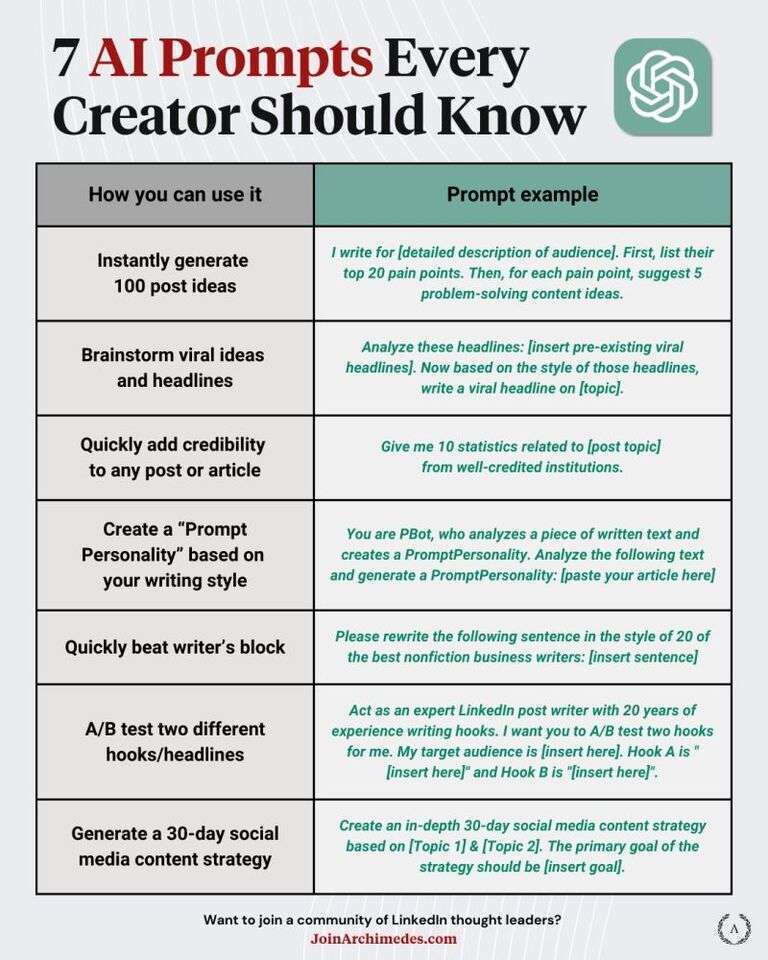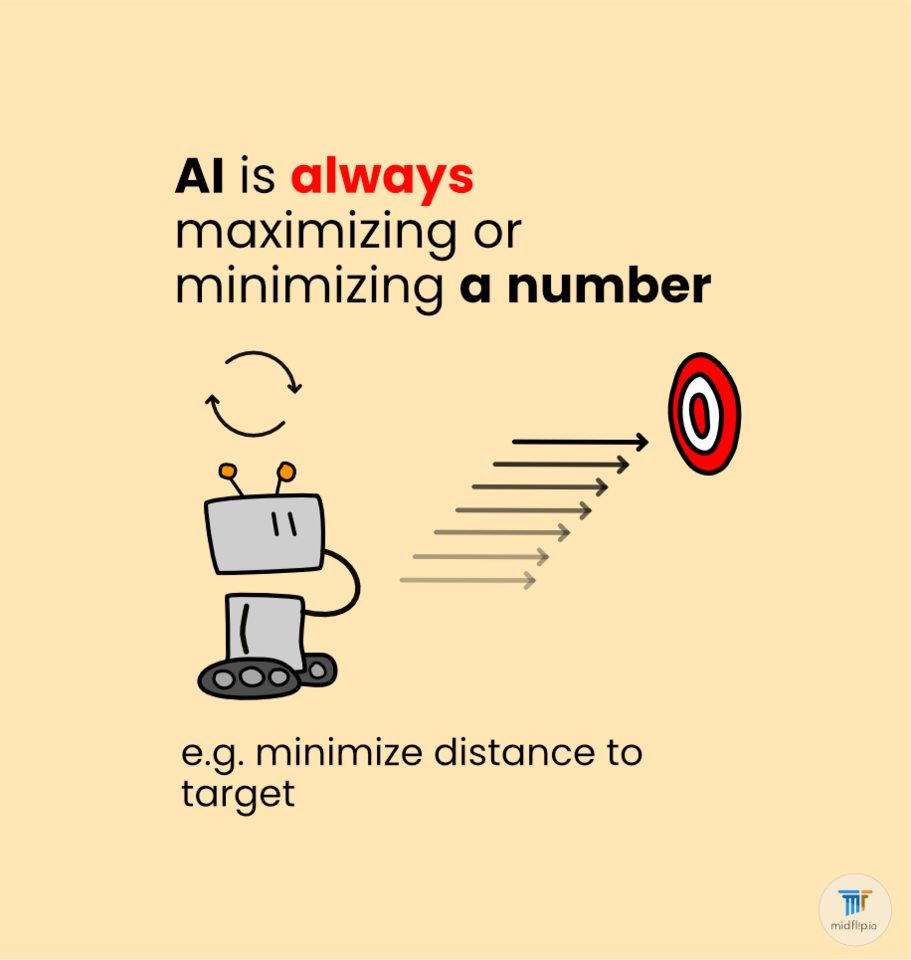#1: Overpromise and underdeliver to win contracts
Sales teams exaggerate the capabilities, timelines, or resources of their company to win B2B contracts. When the company fails to deliver on these inflated promises, it strains the client relationship and damages the company's reputation.
#2: Exploit loopholes in contracts to cut corners
Account managers or delivery teams exploit ambiguities or loopholes in client contracts to avoid delivering on certain obligations or to cut corners on quality. While this may save costs in the short term, it erodes trust and client satisfaction.
#3: Poach clients from partners to gain market share
Business development teams actively target and poach clients from their supposed partners or resellers. While this aggressive tactic may increase market share in the short term, it burns bridges and damages the company's reputation in the ecosystem.
#4: Lock clients into long-term contracts with auto-renewals
Sales teams push clients to sign long-term contracts with auto-renewal clauses and steep early termination penalties. This locks clients in and makes it difficult for them to switch providers, even if they are dissatisfied with the service.
#5: Pressure clients to adopt unnecessary or overpriced services
Account managers upsell clients on unnecessary, overpriced, or ill-suited services to boost revenue. They exploit their position of trust to pressure clients into making purchasing decisions that prioritize the vendor's interests over the client's needs.
#6: Neglect post-sale support and customer success
Companies focus heavily on acquiring new clients but neglect to invest in post-sale support and customer success. This leads to poor onboarding, unresolved issues, and high churn rates as clients become frustrated and look for alternative providers.
#7: Misrepresent competitors to win business
Sales and marketing teams misrepresent or disparage competitors' offerings to make their own solutions appear more attractive. They spread FUD (fear, uncertainty, and doubt) about competitors, even if the claims are exaggerated or unfounded.
#8: Abuse access to client data for competitive advantage
Companies abuse their access to client data, such as usage patterns, business metrics, or customer lists, to gain a competitive advantage. They may use this data to develop competing products, poach customers, or undercut their clients' businesses.
#9: Impose onerous terms and conditions to limit liability
Legal teams craft complex, one-sided terms and conditions that limit the company's liability and impose onerous obligations on clients. These terms are often buried in fine print and are designed to protect the company at the expense of the client's interests.
#10: Engage in price dumping to undercut competitors
Companies engage in aggressive price dumping, selling their products or services at unsustainably low prices to undercut competitors and gain market share. While this tactic may attract price-sensitive clients in the short term, it can lead to a race to the bottom and damage the sustainability of the entire industry.



Hot comments
about anything